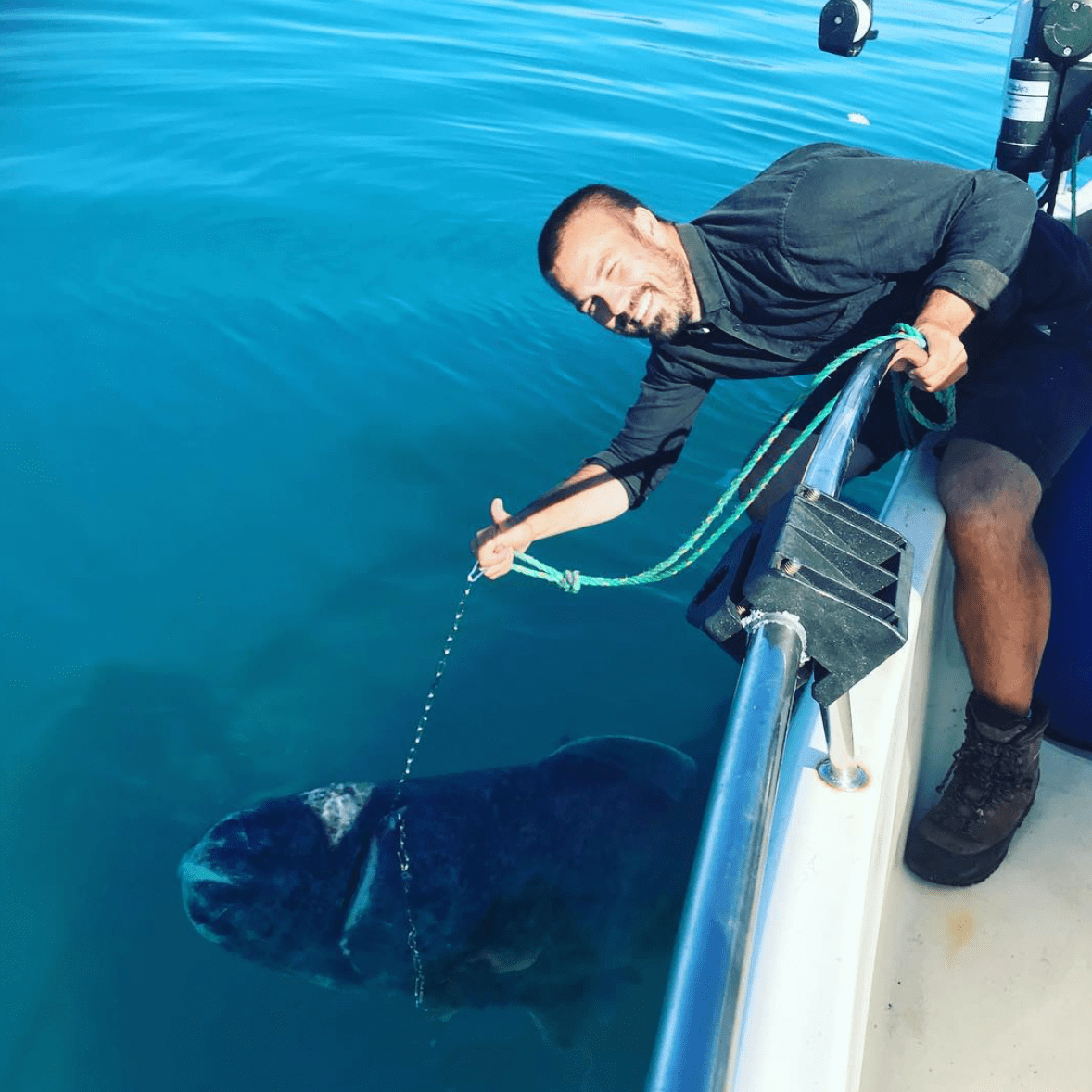Saving the sharks

The world’s longest living shark – the Greenland shark – needs our help.
Julius Nielsen is a marine biologist working on doing just that. He is a passionate advocate for their cause and on educating the fishing industry about the perils of bycatch – unwanted fish caught in commercial nets.
As the lead author, and key researcher, Julius was part of the team who carbon-dated sharks’ eye lenses to age them. It was the only way that the scientists could do it because Greenland sharks do not have bones or hard cartilage. Julius assured us that they only did the study on sharks that had (unfortunately) died in nets.
“We were able to date one of the sharks we tested as at least 272-years-old,” Julius explains. “This makes Greenland sharks the longest-living vertebrate known to science.”
Julius also told us that they have a slow metabolism so grow very slowly and only start reproducing when they are 100-years-old. These amazing sharks live in extremely cold and deep waters and have very small eyes but excellent senses.

We think that Julius has a pretty cool job, don’t you?







